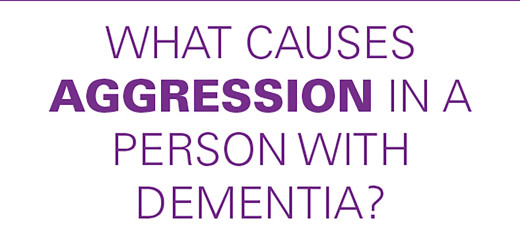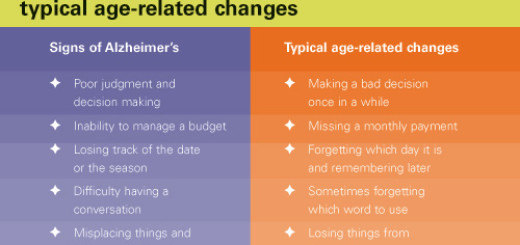Communicating through Alzheimer’s disease
Always something to learn in this life, isn’t there? I have found two of the most difficult lessons to learn for me and others like me have been acceptance and letting go. I get many calls from caregivers who struggle to communicate with their loved one with Alzheimer’s or another form of dementia. They say, “They just don’t understand when I explain things to them.”
I try to help them to see that the person with this disease has lost their capacity to comprehend language, or respond in what we might consider an appropriate manner.
Maybe a way to help all of us view this frustration in communication would be to remember watching a baby develop and grow. At first our “communication,” such as it is, was totally non-verbal because infants cannot speak. We held up objects and looked to them for a sign that it is is what they want. We spent more time than we had trying to determine just why they were crying.
Now we are faced with someone we may have loved for most of our life, who we cannot talk to. While we recognize that they are a person who has lived a life of full experiences, would it help us to look at this person with dementia as following a course that takes them back down the path of this same lack of communication skills? This person who may have been a highly intelligent man or woman, someone who might have been the sharp-witted entertainer at family gatherings, or the family member everyone went to with help doing their taxes, is unable to communicate in full or meaningful sentences.
Caregivers often berate themselves for losing patience with their loved one. They get frustrated when a simple question is met with a blank stare, or perhaps an angry outburst. Maybe we need, at such times, to picture the developing child, and to see what is happening with our loved one now as a winding down of cognitive functioning – not in a natural way, but in the way Alzheimer’s determines for a person. Could we be more patient and use some of those prompts and behaviors that helped with the pre-language infant?
Of course, there will be sadness attached to this letting go of what was, and accepting what is, but we will probably feel better about ourselves if we can try to enjoy the moment with someone we know we are losing a bit, day by day.

















